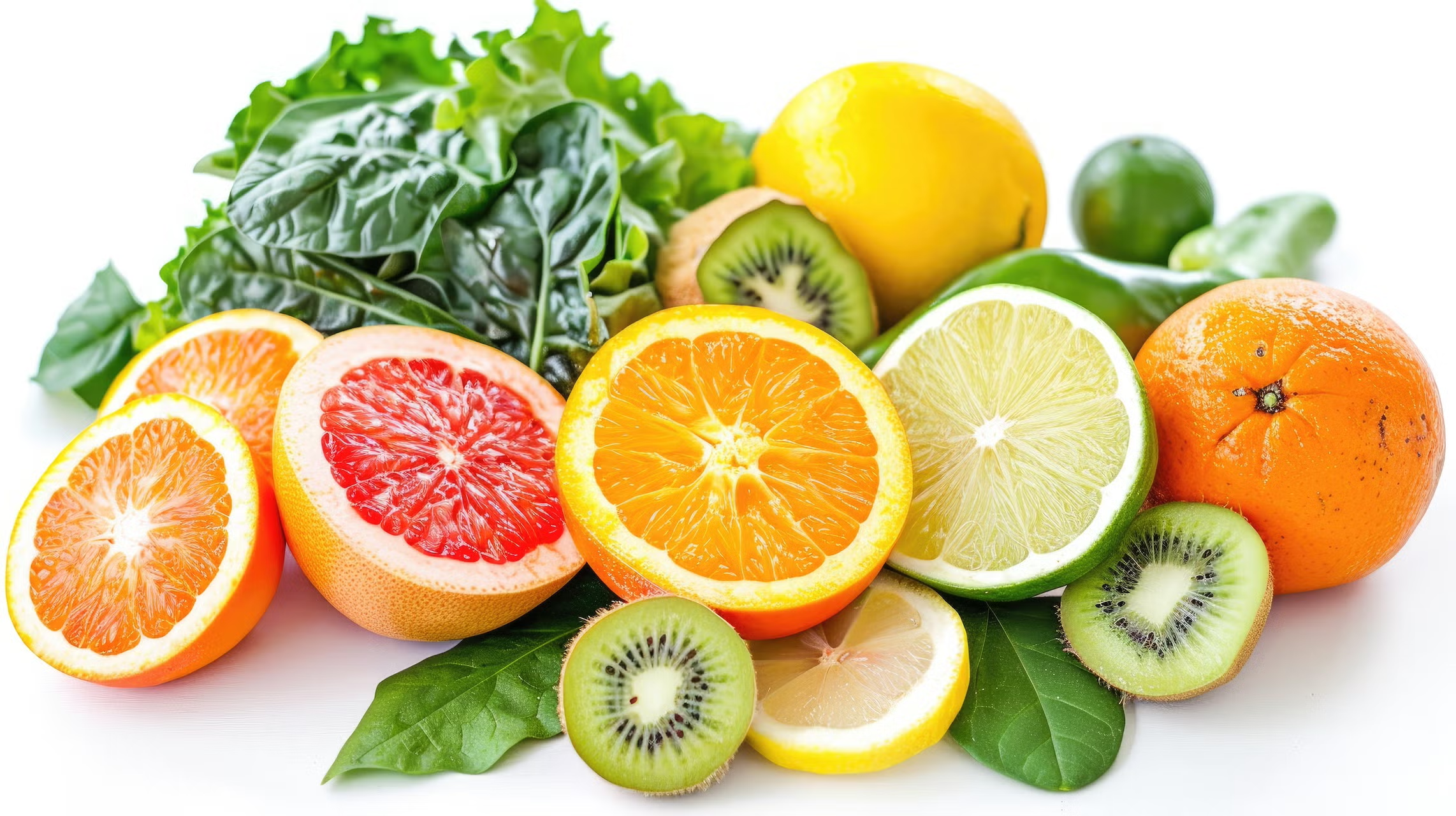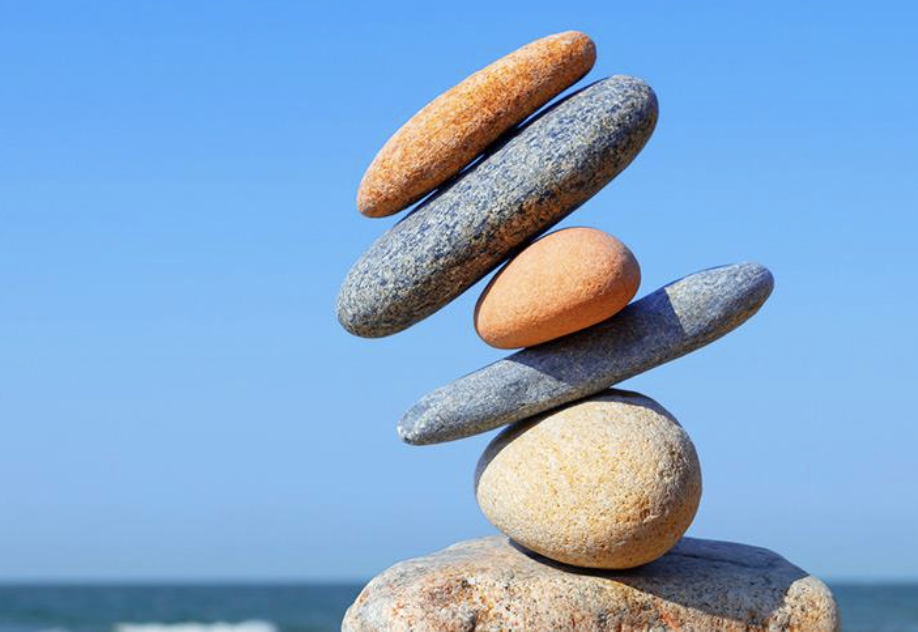Older adults are at a higher risk of dehydration due to a diminished sense of thirst and potential medical conditions. Encourage regular water intake and monitor fluid consumption. Include hydrating foods like soups and fruits in their diet. Avoid excessive caffeine and alcohol, which can dehydrate the body. Educate about the signs of dehydration and the importance of staying hydrated. Proper hydration supports overall health, cognitive function, and quality of life in older adults.
Can I Take Vitamin D on a Diet?
you’re on a weight-loss journey, you may wonder about the role of Vitamin D in your diet. This essential nutrient is not only vital for maintaining overall health but can…






